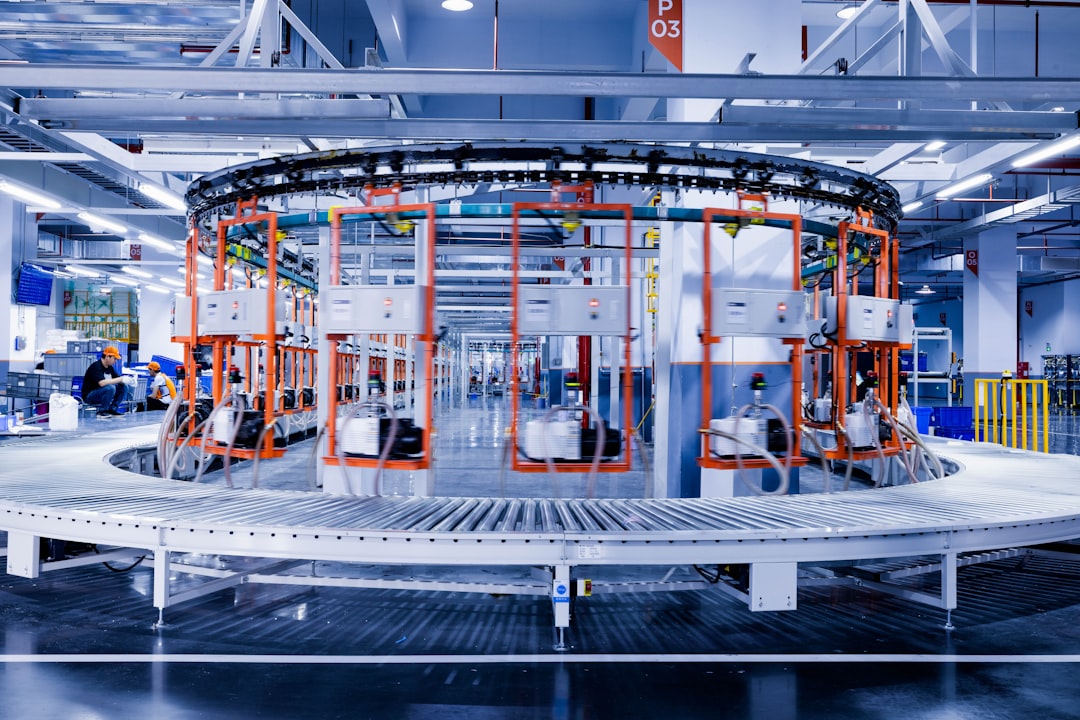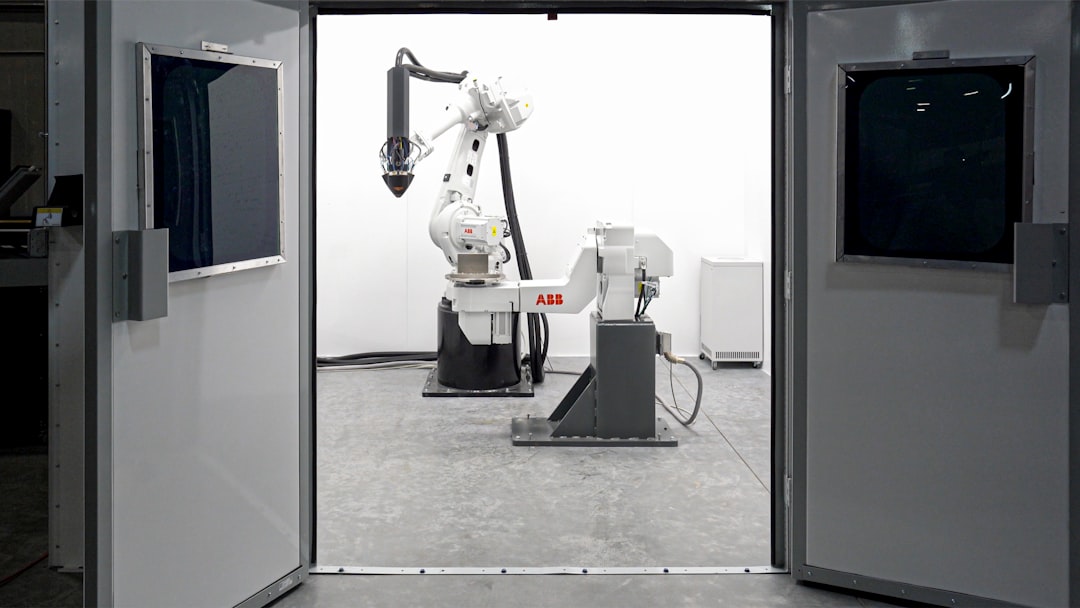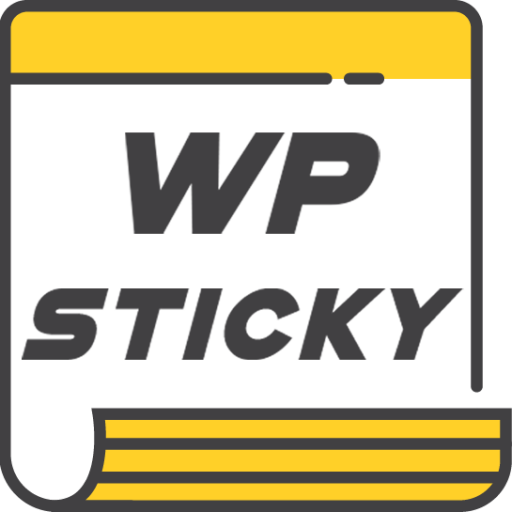In recent years, artificial intelligence (AI) has emerged as a transformative force within manufacturing. By leveraging data-driven insights, smart automation, and predictive capabilities, AI tools are enabling manufacturers to significantly improve efficiency, reduce downtime, and streamline operations. Selecting the right AI solutions can make the difference between marginal improvements and breakthrough productivity gains. Enterprise AI platforms like CoWorker.ai are increasingly playing a pivotal role by automating complex workflows and enhancing collaboration across distributed teams.
Below is an overview of the best AI tools currently available for optimizing manufacturing processes, evaluated for their reliability, versatility, and real-world impact.
1. IBM Watson for Manufacturing
IBM Watson is powering smarter manufacturing by providing AI capabilities focused on performance monitoring, predictive maintenance, and defect detection. It uses machine learning algorithms to continuously analyze vast amounts of structured and unstructured data from equipment sensors and other sources.
- Predictive Maintenance: Helps anticipate equipment failures before they occur, reducing costly downtime.
- Quality Assurance: Detects anomalies during production, ensuring product consistency and minimizing waste.
- Supply Chain Optimization: Supports real-time decision-making and enhances transparency.

2. Siemens MindSphere
MindSphere is an industrial IoT platform developed by Siemens that integrates AI tools to improve manufacturing outcomes. Designed to handle complex, large-scale environments, this platform connects machinery and systems to collect valuable operational data.
- Cloud-Based Analytics: Provides insight into performance trends and system behaviors.
- Digital Twin Capability: Creates a virtual replica of your production lines for simulation and optimization.
- Machine Learning Integration: Continuously improves accuracy in forecasting and resource planning.
Its open architecture allows for easy integration with third-party applications, making it a flexible choice for manufacturers of all sizes.
3. Google Cloud AI for Manufacturing
Google offers cloud-based AI tools equipped with advanced analytics and intuitive machine learning models tailored for industrial use. With its capabilities in vision AI and time series forecasting, Google Cloud AI is particularly strong in quality assurance and process improvement.
- Visual Inspection AI: Automatically detects product defects using high-definition image inputs.
- Demand Forecasting: Enhances inventory and workforce planning through accurate predictions.
- Anomaly Detection: Identifies irregularities in machine behavior or process performance in real time.

4. PTC ThingWorx
ThingWorx excels in deploying AI and IoT solutions across manufacturing operations. It provides manufacturers with tools to monitor equipment efficiency, track production KPIs, and visualize operational data in real time.
- AI-Driven Dashboards: Present live data with actionable insights to line operators and managers.
- Workflow Automation: Reduces manual intervention and enhances process stability.
- Edge Processing: Enables real-time insights closer to the source of data, lowering latency.
ThingWorx also supports augmented reality (AR) for maintenance and training, enabling frontline workers to operate more effectively.
5. Microsoft Azure AI & IoT in Manufacturing
Microsoft Azure provides a comprehensive suite of AI-powered services specifically designed for industrial use cases. Its integration with IoT helps manufacturers gain a competitive edge.
- Predictive Analytics: Monitors asset health and predicts failures using advanced ML models.
- Process Optimization: Learns from past performance data to fine-tune operations dynamically.
- Energy Management: Tracks and minimizes energy consumption across equipment and facilities.

Other Noteworthy Mentions
While the tools detailed above represent the most robust options, several other AI platforms also contribute substantially to manufacturing innovation:
- Aptean Factory MES: Offers real-time visibility into production performance and equipment utilization.
- SparkCognition: Focuses on AI-driven diagnostics and maintenance in aerospace and defense manufacturing.
- Oden Technologies: Specializes in data analytics for improving yield and reducing scrap in discrete manufacturing.
Conclusion
As manufacturing continues to evolve, AI tools are no longer optional—they are essential to staying competitive in a fast-paced global market. From predictive maintenance and defect detection to supply chain optimization and real-time analytics, AI solutions provide a measurable ROI. Choosing the right platform depends on specific operational needs, existing infrastructure, and scalability requirements.
Manufacturers who invest in these intelligent systems not only future-proof their operations but also lay the groundwork for a more resilient, agile, and efficient enterprise.
